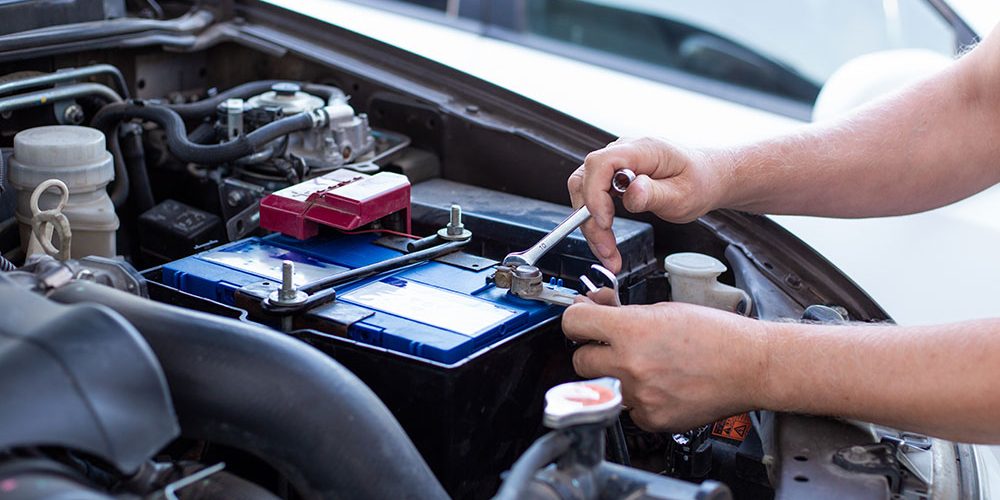As a car owner, you might have wondered how long your car battery will last before needing a replacement. Car batteries are essential components that power various functions of a vehicle, such as starting the engine, powering the lights, and running electronic systems. In this article, we’ll explore the average life expectancy of a traditional car battery, factors that affect its lifespan, and signs that indicate it’s time for a replacement.
What is a car battery and how does it work?
A car battery is a rechargeable, lead-acid battery that provides the electrical energy to start a car’s engine and run its electrical systems. It is typically located under the hood, and its terminals connect to the positive and negative cables that link to the vehicle’s electrical system. The battery’s main function is to store energy and supply it to the starter motor, which turns the engine over and starts the car.
What is the life expectancy of a car battery?
The average life expectancy of a traditional car battery is about three to five years. However, several factors can affect a battery’s lifespan, such as driving habits, climate conditions, and vehicle maintenance. In warmer climates, batteries tend to have a shorter lifespan due to the high temperatures that cause the battery fluid to evaporate faster. In contrast, colder climates can also affect battery performance since it requires more power to start the engine in cold weather.
What might affect a car battery’s lifespan?
-
Driving habits
Your driving habits play a significant role in your battery’s lifespan. Frequent short trips can drain a battery’s charge and reduce its lifespan. Conversely, longer drives allow the battery to charge fully, leading to a longer lifespan.
-
Climate conditions
Temperature extremes, both hot and cold, can affect the battery’s performance and longevity. High temperatures cause the battery fluid to evaporate faster, leading to battery failure. In contrast, cold weather makes it harder for the battery to produce the required power to start the engine.
-
Vehicle maintenance
Regular maintenance of a car’s electrical system, including the battery, can significantly extend its lifespan. Check the battery’s terminals for corrosion and clean them regularly. Make sure the battery is securely fastened and not loose, which can cause damage to the battery and other components.
The signs that your car battery needs replacement
Several signs can indicate that your car battery is nearing the end of its lifespan and needs replacing. Here are some of the most common signs:
-
Slow engine crank
If you notice that the engine takes longer to start or sounds weaker than usual, it’s a sign that the battery is losing its charge and needs to be replaced.
-
Dashboard warning light
If the battery warning light on your dashboard comes on, it could indicate that the battery is not charging correctly, and a replacement may be necessary.
-
Corrosion
Check the battery terminals regularly for any signs of corrosion or rust. Corrosion can cause a weak connection, leading to electrical problems and eventually, battery failure.
-
Age
As mentioned earlier, the average lifespan of a car battery is three to five years. If your battery is older than this, it’s a good idea to consider replacing it, even if it’s not showing any signs of failure.
Looking after your car battery – The key points
In conclusion, the life expectancy of a traditional car battery is about three to five years, but several factors can affect its lifespan. By understanding the factors that impact a battery’s performance and the signs that indicate when a replacement is necessary, car owners can take the necessary steps to ensure their vehicles’ reliability and safety. Regular vehicle maintenance, careful driving habits, and monitoring the battery’s condition are essential to extend its lifespan and avoid unexpected breakdowns. If you have any questions or concerns about your car battery’s performance, contact us for advice and recommendations.

